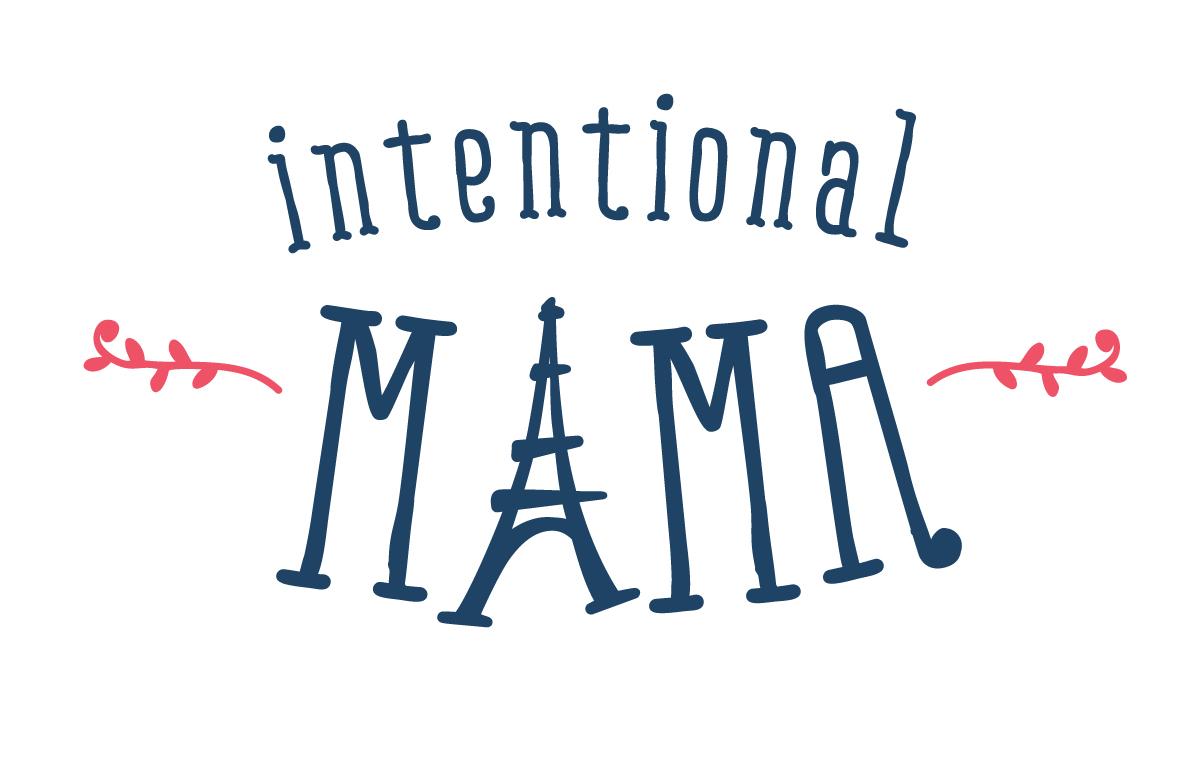Our Family's Bilingual Journey: Regrets & Current Successes
Since she was two years old, my daughter has generally spoken English to me. Before then, she spoke a fair amount of French words, but it seemed that as soon as she learned an English word from Daddy or an extended family member, she'd stop using the equivalent French word. She did continue to use some French nouns, but the predominance of English as her main language happened rapidly.
My daughter this past spring
Regrets
Lately I've wondered if pretending not to understand English would have prompted my infant daughter to speak French with me. I've heard this can be a successful technique--but my children always seemed to grasp that I understand English perfectly well since I speak it with my husband and everyone else.
I've also wished I would have known about the option of hiring a French au pair when my daughter was very young. Perhaps having a native francophone here would have made French more habitual in our home. I'd love to try this in a year or two if we can afford the cost.
Finally, I also wonder if my children would speak French with me if my husband had chosen to speak Thai with them. This seems a bit counterintuitive, but with less English at home, our children would have been less inclined to use English with me (though my husband and I still need to use English with each other, since neither of us understand each other's second language.)
Our Current Language Situation and Successes
Nonetheless, I've always continued to speak French with my daughter out of love for the language and a desire to support bilingualism. I often rephrase her statements to remind her how to say them in French, and occasionally I'll feign misunderstanding by saying "Pardon?" or directly asking her to use French. Here's an example of our daily language pattern:
Her: "Mom, I'm thirsty. Can I have jus vitaminé? (a powdered vitamin drink mix)
Me: "Tu veux du jus vitaminé? Oui, vas-y." (You want some vitamin juice? Yes, go ahead.)
Despite her persistent use of English, there have been several occasions lately when my daughter spontaneously switched into French, and oh, how I delight in her small steps towards fluency! On a recent weekend trip, after we listened to French children's music as a family, she joyfully persisted in using French at a playground. "Regarde, Maman! Je monte en bateau! Je suis pirate!" Her French mode lasted a while despite the anglophone parents and children around us, and she was clearly enjoying the chance to try on a French identity.
Another moment of joy occurred this past week when my daughter conversed with a francophone adult. "Ma maman m'a dit que je dois être polie quand je parle avec toi," she said, smiling. I reddened at her use of the informal toi, but my friend was delighted and replied that my daughter had always been polite and that she spoke French very well. Honestly, I don't consider my daughter to be an excellent French speaker--she speaks haltingly due to lack of practice, and her phrasing can be awkward, but I deeply appreciate any encouragement she gets to continue using French!
My son inspecting a salmon fly on the Deschutes shore
My son, at age two, is even more of a dominant anglophone than his sister ever was, but his knowledge of both languages is rapidly expanding. Because he's starting to discern the distinct identities of the two languages, I've begun to prompt him, "Peux-tu me parler en français?" As I do with his sister, I often restate his phrases in French, and I occasionally ask him to repeat his sentence in French. Sometimes he will; sometimes he refuses. That's a toddler for you! At least he thoroughly enjoys reading with me in French.
Playing on a vintage slide (from my Instagram account)
Language Hopes
Though my children are far more comfortable using English right now, I strongly hope that our six-week stay in France next summer will prompt them to use French there after the initial adjustment period. I also hope our time in France makes my children much more comfortable using French with me once we return to the States. That may be unrealistic, but I'll continue to seek out French-speaking opportunities for them in the meantime, bien sûr! (Next week I'll be posting about summer French activities here in the Pacific Northwest region of the U.S.)
What do you think--will my children become far more comfortable in the French language after six weeks in France, or are my hopes unrealistic for that short time frame? What are your hopes for this summer or next?



